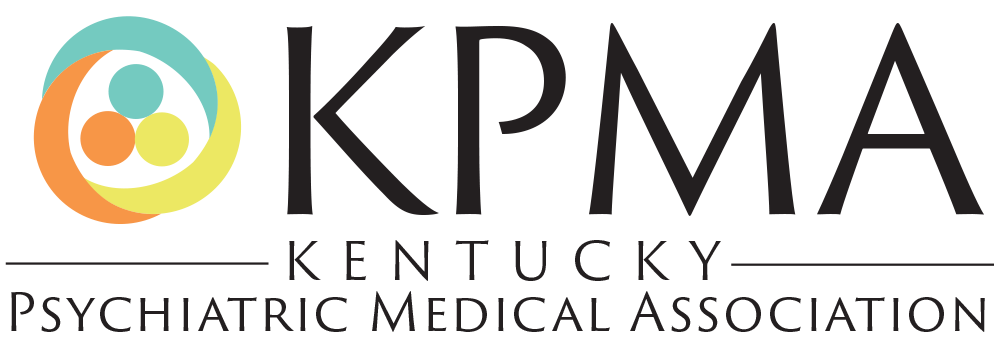Complete Story
10/08/2025
APA Advocacy Day in D.C.
As the new chair of the KPMA’s legislative committee, I was very happy to have been sponsored by the KPMA to take part in this year’s APA Advocacy Day in Washington D.C. In this time of unrest and partisan vitriol, it may seem pointless to engage at all with our current leaders in Washington. However, the thing I took away most from this event was there are still some bipartisan issues we can work towards to improve the lives and outcomes of our patients across the country.
I attended the conference with Doctor Robert Caudill from University of Louisville, and Doctors Sandra Batsel-Thomas and Yash Bhatia from the University of Kentucky. While many larger states only brought one or two representatives, I was proud to attend this year’s conference with three other members from our state. The two main pieces of federal legislation we advocated for were cementing the expansion of TelePsychiatry for Medicare patients and improving residency funding and relief.
As many providers know, during the COVID pandemic rules surrounding TeleHealth were suspended, allowing coverage to many new patient groups, most notably Medicare. However, these temporary exemptions technically expired Oct 1st, leaving a lot of Medicare patients being seen via TeleHealth uncertain if they can continue their care. The CONNECT Act, which has strong bipartisan support in both chambers of Congress, would make permanent Medicare coverage of TeleHealth appointments. From discussion with staff on both sides of the isle, it appears likely that this policy will pass in the coming months, providing assurance to all psychiatrists in the state they can continue seeing elderly and disabled patients via Telehealth.
Additionally, one of KPMA’s main goals has been to expand the number of psychiatric residents and attending in the state. During our meetings we pushed for several pieces of legislation to do just that. The Residency Shortage Reduction Act would expand Medicare funding for residency programs in specialties with the largest need in the most underserved states, such as Kentucky. Additionally, the REDI Act would temporarily suspend residents from accruing interest on their federal student loans while in training, providing more flexibility in their financial and career choices. These pieces of legislation also have strong bipartisan support and appear likely to advance in the coming months.
Overall, these important pieces of legislation show the need for our local members to stay involved with the KPMA and APA as we will continue to advocate for issues to strengthen our ability to practice our craft and help our patients.
Arthur Oliva, DO
Assistant Professor
University of Louisville, Department of Psychiatry

